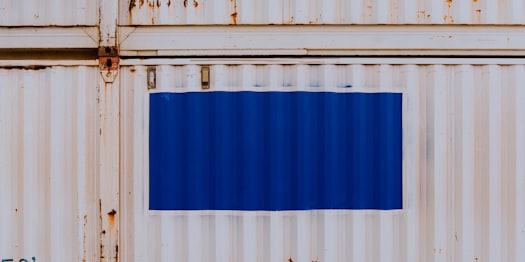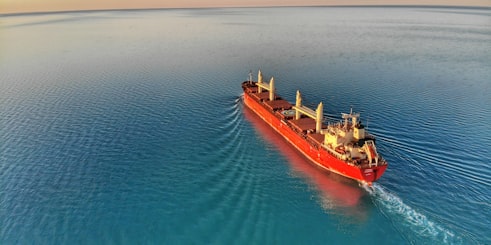
@media only screen and (max-width: 480px){ td {display:block;width:95%;clear:both;} }
The new qualitative study from the Global Maritime Forum and the All Aboard Alliance contains a wide spectrum of perspectives from women seafarers who address the challenges they experience … |
https://maritime-professionals.com/15-key-pain-points-for-women-at-sea/








